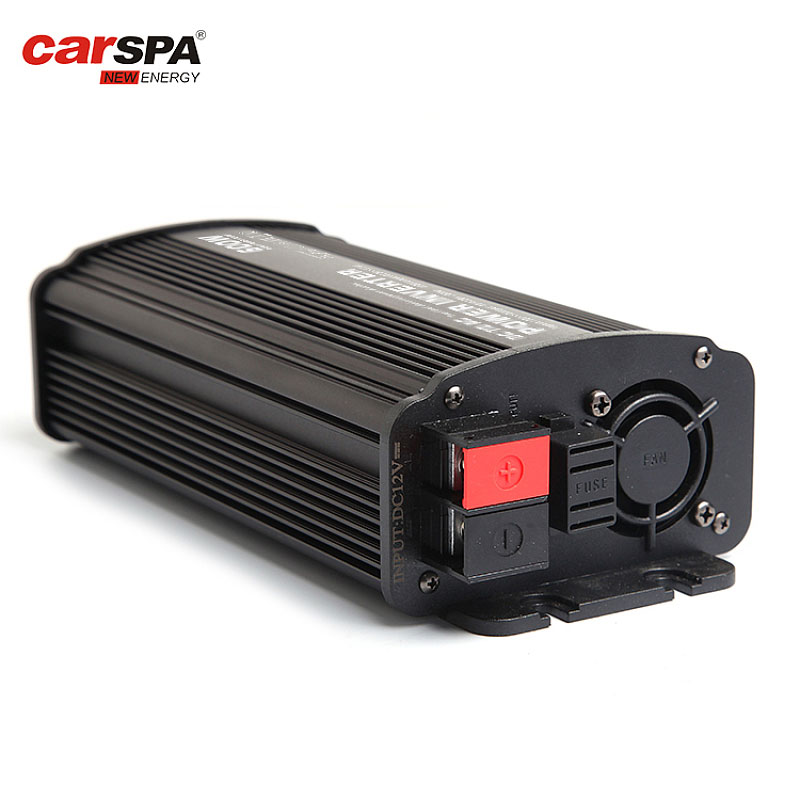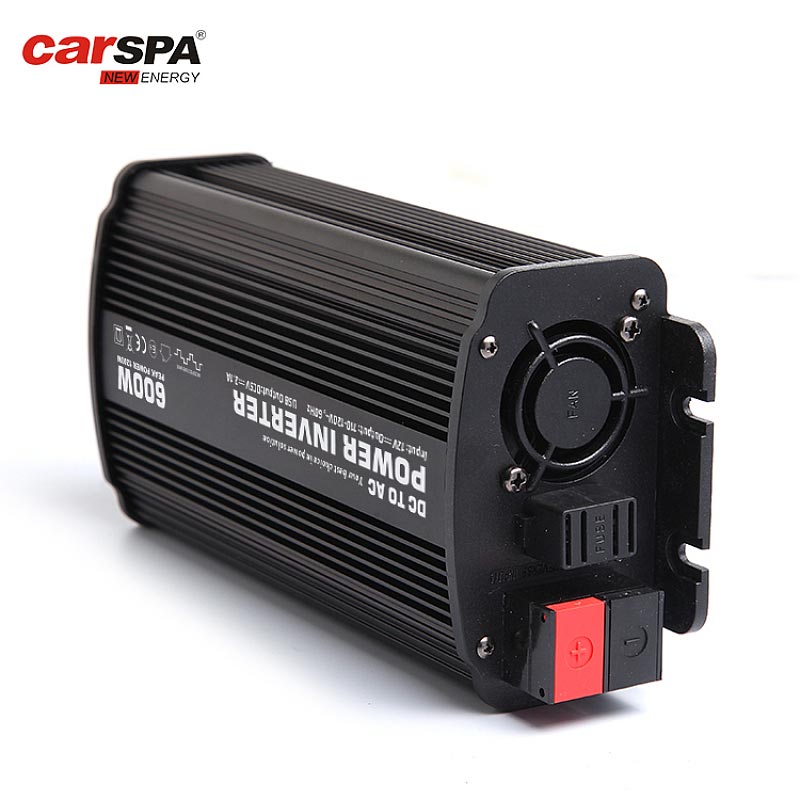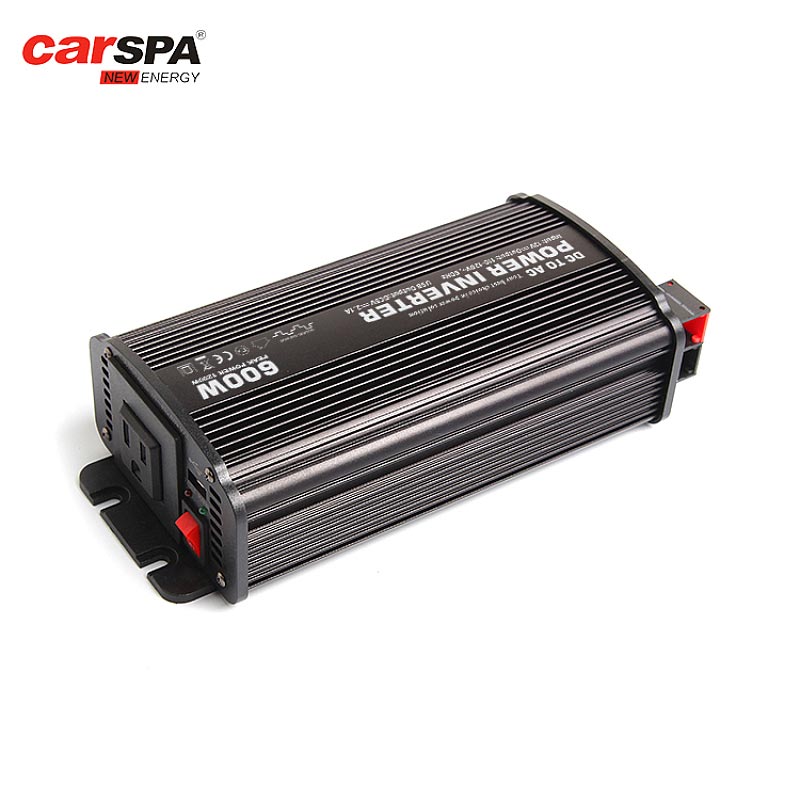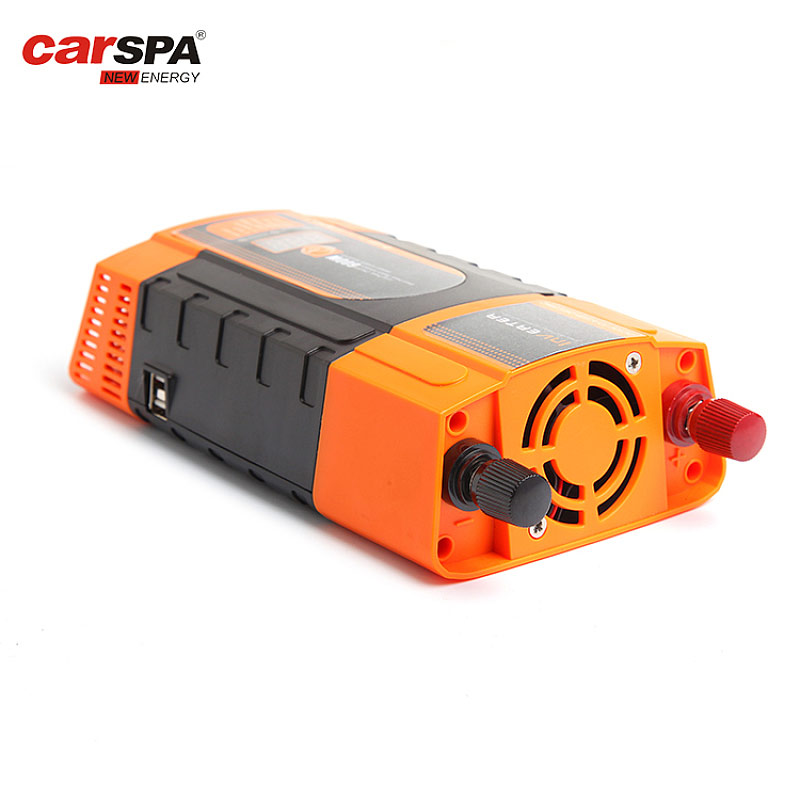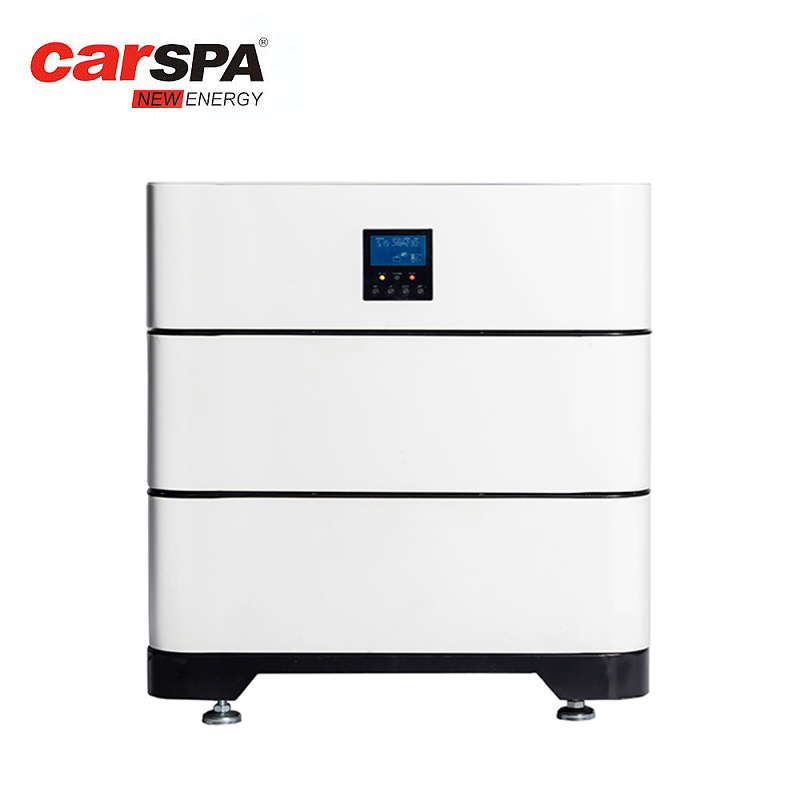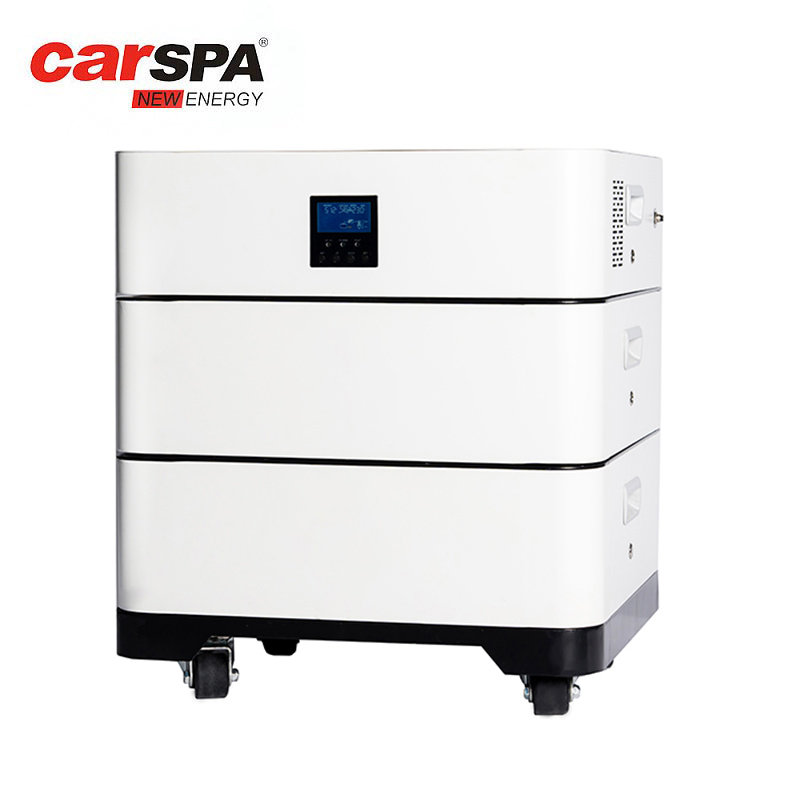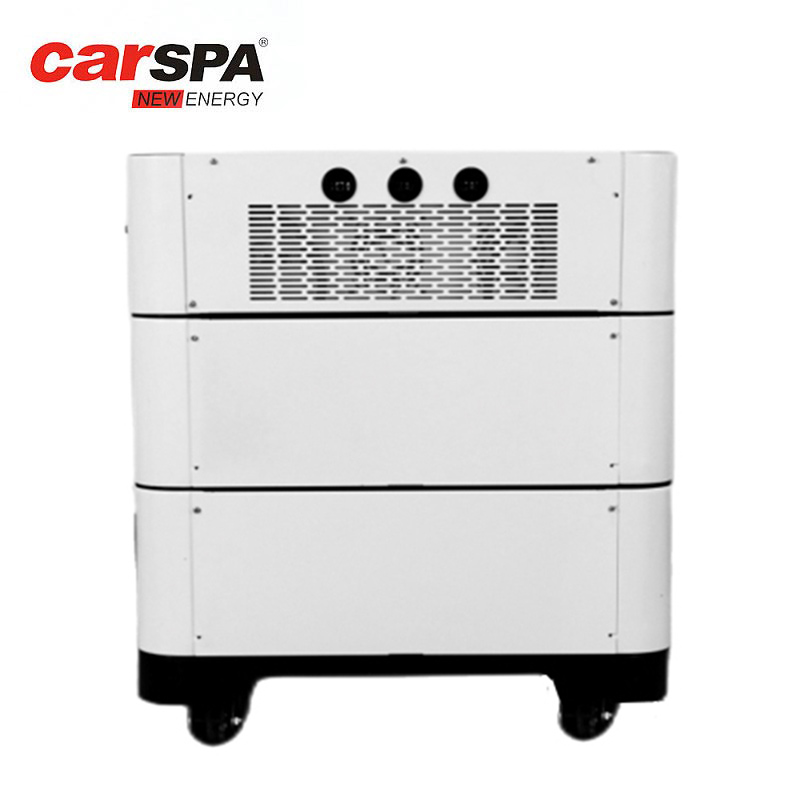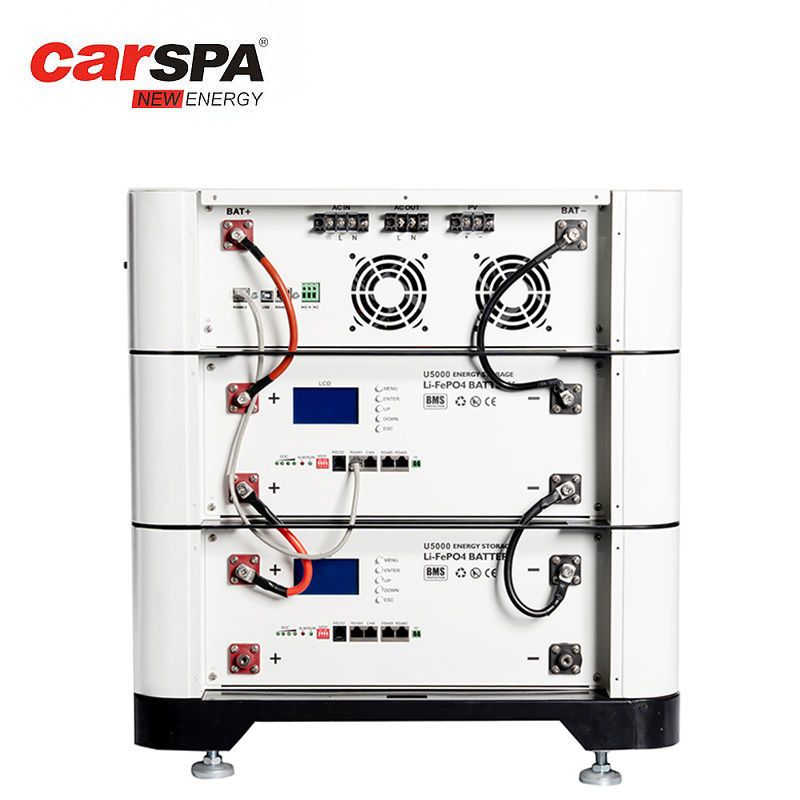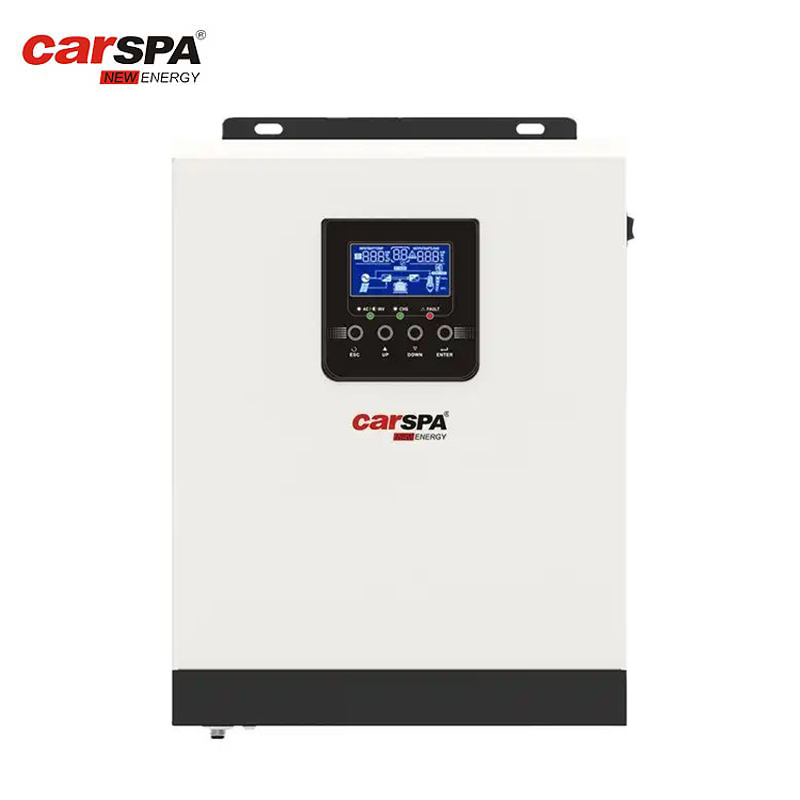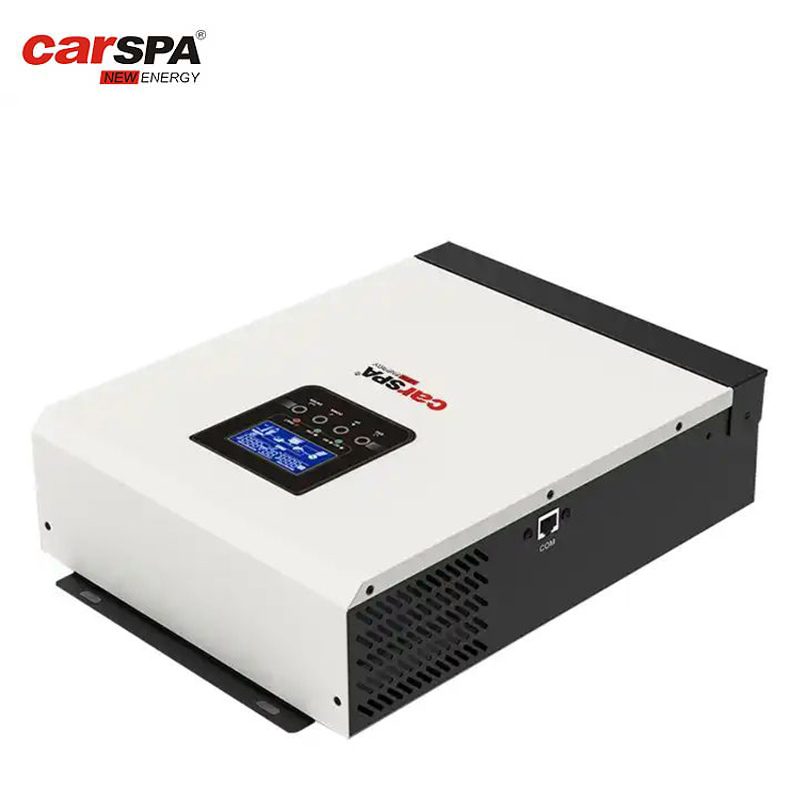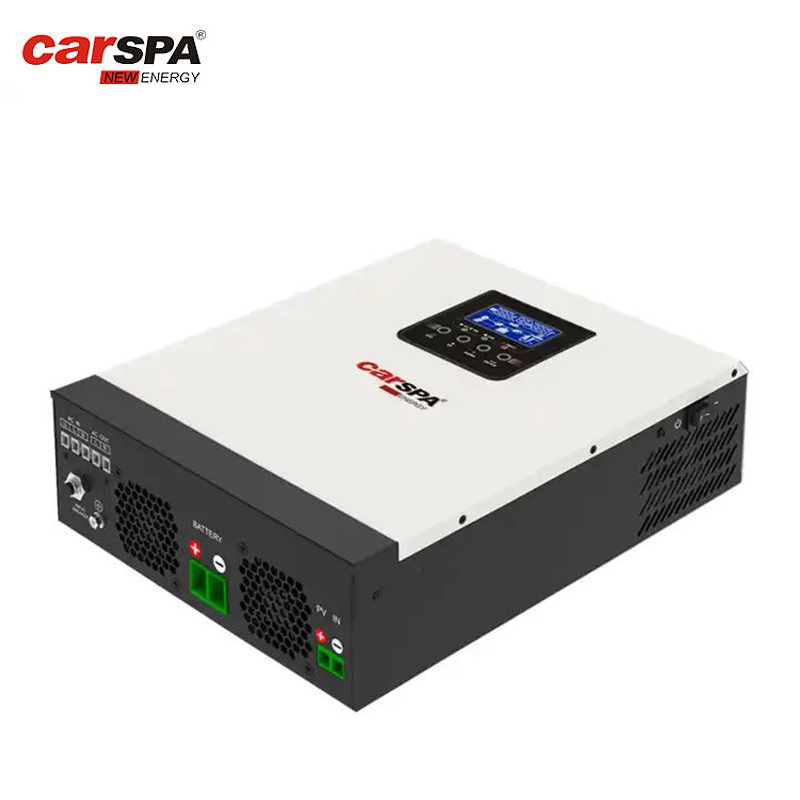Types of Energy Storage Systems: An Overview
Introduction
Energy storage systems play a crucial role in modern society, helping to balance the disparities between energy supply and demand while providing vital support for the integration of renewable energy sources. This article will introduce several common types of energy storage systems and explore their advantages and application areas.
Pumped Hydro Storage
Pumped hydro storage is a widely used form of energy storage. It converts excess electricity into potential energy by pumping water from a lower reservoir to a higher one. When there is an increase in electricity demand, the stored water is released, driving hydroelectric turbines to generate electricity. This system boasts high efficiency and long-term storage capacity, making it suitable for addressing large-scale energy demand fluctuations.
Lithium-Ion Battery Energy Storage Systems
Lithium-ion battery energy storage systems are commonly employed electrochemical energy storage solutions. They find widespread application in electric vehicles and home energy storage. The advantages of these systems include high energy density, long lifespan, low self-discharge rates, and high charge/discharge efficiency. Lithium-ion battery energy storage systems can respond rapidly to power demands and provide stability for the variability of renewable energy sources.
Compressed Air Energy Storage
Compressed air energy storage involves converting electricity into compressed air and releasing it to generate power when needed. It typically utilizes large containers to store compressed air, which is then released to drive turbine generators when there is an increase in electricity demand. This system offers high response rates and extended lifespan, making it suitable for scenarios involving short-term high-energy requirements.
Thermal Energy Storage
Thermal energy storage systems utilize high-temperature mediums such as molten salts or magma to store heat energy and convert it into electricity as required. They find wide application in solar thermal power generation and concentrated solar power systems. Thermal energy storage systems offer advantages such as high efficiency, sustainability, and long-term storage capacity.
Supercapacitors
Supercapacitors are high-performance electronic energy storage devices capable of rapidly storing and discharging energy. They exhibit features such as high power density, long lifespan, and quick response times. Supercapacitors are extensively used in energy recovery systems, instantaneous power demands, and high-frequency cycling applications.
Conclusion
Different types of energy storage systems play crucial roles in various scenarios. By selecting the appropriate energy storage system, we can achieve energy balance, improve energy utilization efficiency, and promote the sustainable development of renewable energy. With ongoing technological advancements and innovation, we can expect the emergence of more advanced energy storage solutions, further propelling the sustainable growth of the energy industry.






